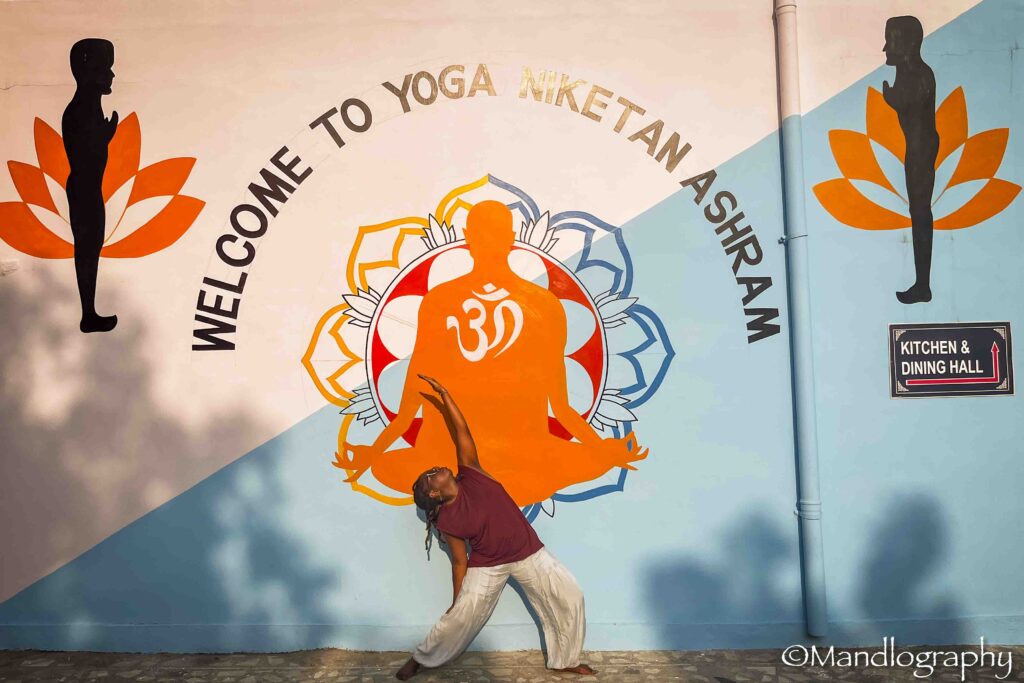Spain
Spain is a country on Europe’s Iberian Peninsula. It includes 17 autonomous regions with diverse geography and cultures.
Capital City:
Madrid
Currency:
Euro
Total population:
47.25 million (2020)
Language(s) spoken:
Spanish
Cultural dos:
Respect the siesta (time of rest) between 2 and 4pm. Some shops close during this time so plan your shopping with this in mind
Cultural don’ts
Don’t relax too much while watching street entertainers, or you may fall prey to pickpockets
Continent:
Europe
Three foods you need to try in this country:
- Paella (rice cooked with different meats and vegetables)
- Patata Bravas (spicy potatoes)
- Gazpacho (chilled soup)
Bonus
- Tapas (small plates of food/an appetiser or snack served hot or cold)
- Sangria (cocktail of red wine, brandy/vermouth, apples, oranges and sparkling soda)
- Granizado (made with crushed ice and fresh fruit juice or syrup)
What the country is known for :
- Mediterranean islands such as Majorca and Ibiza
- National football team
- Spanish Bullfighting
- Flamenco dance
- Renowned artist Pablo Picasso
- La Sagrada Familia
More About Spain
I visited Barcelona, Spain in 2015 with some friends. This was a trip for all the senses. We had some interesting experiences as a group of beautiful black women travelling together, thankfully the overall experience of this bustling city, was still very positive.
The country has a rich history and culture. The country includes 17 autonomous regions and therefore different places are bound to offer varying experiences. From the history, art and architecture, to the natural beauty of the country, the varied food offerings and rich traditional cultural traditions that are still practised today – the country has so much for a visitor to explore and enjoy.
Some of the different cultural experiences one can enjoy while in Spain include watching flamenco shows in different parts of Spain, a real siesta, as people take their long breaks during the hottest part of the day, although controversial – bullfighting is still practiced and curious visitors can attend ring fights. Watching a football game locally will give you a unique experience as the Spaniards create an electric atmosphere as they enjoy their favourite sport. The country also has a number of fiestas that happen all year round across the country and if you are fortunate enough to get involved with one of these, it is bound to be filled with drinks, food and music.
Spanish food is flavourful, and varied in its offering. Different regions within Spain have their own specialties but some of the more common ingredients include Olive oil, herbs and garlic. Fish and seafood are also quite common, due to its location. Tapas originate from Spain, where foods are served in small portions for sharing as snacks or appetizers. This is one of my favourite ways of eating because one gets to try a little of everything, when introduced to so many delicious new dishes. Some of the most common regional foods are paella from Valencia, nougat from Alicante, cold cuts and red wine from La Rioja as well as cod stew from Catalonia. A foodie trail across Spain is likely to take a long time as each region will have a number of original dishes for one to try. Spain is also home to the famous Sangria cocktail which is a mix of red wine, orange juice, triple sec, brandy with sliced lemon, orange and cherries – this goes well with sunshine and good company on the beach, the garden or a lovely park. Another popular cocktail to try in Spain is Caipirinha, made from Cachaca, – I recommend you pace yourself and don’t forget to drink water too.
For the nature lovers, Spain does not disappoint, it is very geographically diverse, offering mountains, lakes, sand dunes, caves, natural parks, cliffs, beaches and bays. Each offering different activities to enjoy such as hiking, water sports, boating, sand boarding, relaxing on the beaches/lakes or cycling and watching the diverse wildlife, flora and fauna in the natural parks and forests. Spain is really a destination of choice, especially when travelling in a group with people who have different interests.
To experience the controversial La Tomatina, an annual festival held in the small town of Bunol, were participants engage in friendly warfare, for an hour, by throwing tomatoes at each other, visit Valencia during the last week of August. Yes, I know you might be thinking that this is wasteful when people are going without food – hence the controversy. The people of Valencia defend this festival, that has been going since 1945, by saying that tomatoes used are not good for consumption as they are overripe, and about to rot, and purchased from a region of Spain that produces such low quality tomatoes that they are inedible. The defendants of the festival say that there are more tomatoes wasted by trashing in the bins of Spain, than are used during the festival. The festival was even banned in the 1950s for not having a religious significance, but has revived and grown hosting up to 40 000 participants every year.
I may have to make a special trip to Spain specifically to take pictures as I seem to have lost all my Spanish images.
| English | Spanish |
| Hello | Hola |
| Goodbye | Adios |
| Please | Por favour |
| Thank you | Gracias |
| How much? | Cuanta/Cuanto |
| Do you speak English? | Habla usted ingles? |
| Where is the toilet? | Donde esta el inodoro? |
| May I please have some water? | Puedo por favor tener un poco de agua? |
| I would like some food please | Quisiera algo de comida por favour |
| Where can I get a taxi? | Donde puedo conseguir un taxi? |
Places visited
Destination Gallery
NEWS & UPDATES
Travel Blog

A Guide to an Unforgettable Swiss Adventure in Jungfrau
I’m sure you have heard about the breath taking beauty of the Swiss landscapes. To view one of the most iconic of these, take a train down to the Bernese Alps where you will find

Living in an ashram in India
I will preface this post by sharing that since this experience I have become better at reviewing the details of tours and activities in advance… I arrived to the bustling streets of Bangalore after a

The art of travel planning: An 8-step guide
You have just confirmed your next trip destination and blissfully highlighted your trip dates in the calendar. Now all the fun begins as you prepare for the trip. The reality sets in, although you want

